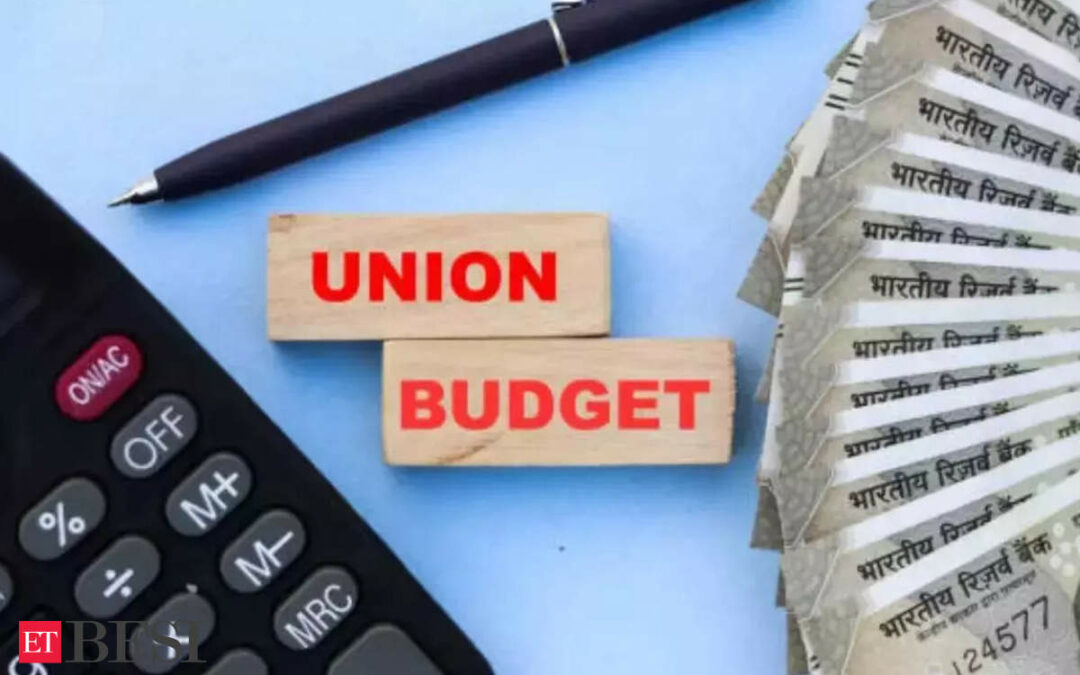MUMBAI: Budget 2024 is likely to announce India’s commitment to Pillar 2 which seeks implementation of a global minimum effective corporate tax rate (GloBE) of 15% This project spearheaded by the Organisation for Economic Cooperation and Development (OECD) and backed by the G20 applies to large multinational enterprise (MNE) groups with a minimum annual consolidated group revenue of EUR 750 million. The object is to ensure they pay this minimum rate in each jurisdiction where they operate, if not a top-up tax mechanism kicks in to capture the tax.
Several key countries through which investments flow into India and also flow out from India (Indian headquartered companies setting up operations overseas) have either introduced or announced their commitment to Pillar 2. These include the majority of the EU countries, UK, Switzerland, Japan, Australia, Canada, and more recently Singapore. India, China and the US are the notable countries that have yet to announce implementation of Pillar 2.
Akhilesh Ranjan, advisor, Price Waterhouse & Co and former CBDT member said, “There are more than a hundred Indian headquartered MNEs that would be in scope of the GloBE rules. Since several countries are in the process of implementing the new rules, India should also consider its introduction at the earliest.” “Indian business would be grateful for an opportunity to offer comments on a draft legislation,” he adds.
According to government officials, there are two approaches that could be adopted – the budget could introduce provisions in the Income-tax (I-T) Act, which would come into effect later. Or in the near future, a draft could be released for comments from stakeholders.
A government official said that the top-up tax itself may not help India garner revenue as the minimum tax rate in India is 15% or higher. But other aspects of the GloBE rule could prove fruitful.
“Introduction of GloBE rules is vital. While the top-up tax (in case of a tax rate low than 15%) is available to the country where the entity operates, the norms of Income Inclusion Rule (IIR) or Undertaxed Profit Rules (UTRP) could help India garner tax, if it implements Pillar 2. IIR gives the right to the country of the ultimate parent entity to collect tax in case where operating entities are situated in countries that do not levy a minimum corporate tax of 15%. If the country where the ultimate parent company is situated has also not introduced Pillar 2, the countries of other operating entities get this right (provided they implement UTPR)” explains Jiger Saiya, partner and leader, MSKA & Associates.
MNEs operating in India: “The headline corporate tax rate in India, including tax rate for newly set up manufacturing entities, is more than currently proposed minimum tax rate of 15%. Even with Minimum Alternative Tax, it is anticipated that foreign MNE’s having subsidiaries in India may not be impacted. As regards, investment-based incentives or past year losses the timing difference may get addressed by way of deferred tax which is duly considered in computing the effective tax rate,” adds Saiya.
“Entities operating in GIFT city will need to take a hard look at the Pillar 2 norms. The substance-based income exclusion rule is effectively a carve-out for expenditure on tangible fixed assets and payroll costs. Top-up on the balance could apply,” says Ranjan.
Abhishek Goenka, partner at Aeka Advisors illustrates: If a UK parent company, has an entity in GIFT city (which enjoys a 100% tax exemption for ten consecutive years), it remains to be seen whether for top-up tax, UK will consider the headline rate or will treat the tax exemption as temporary and hence subject to an exclusion.”
Indian headquartered MNEs: The other issue relates to Indian headquartered MNEs, which have global operations. Goenka illustrates: An Indian headquartered company has a subsidiary in UAE, if profits are above Dhiram 3,75,000 a 9% tax rate applies. As UAE has not implemented Pillar 2, if India implements it, it could benefit from IIR and get its share of tax under GloBE.”
“But will this route be taken or the existing place of effective management rules (POEM) which also enable India to tax the UAE subsidiary, subject to its meeting certain norms like passive income?, asks Goenka.










